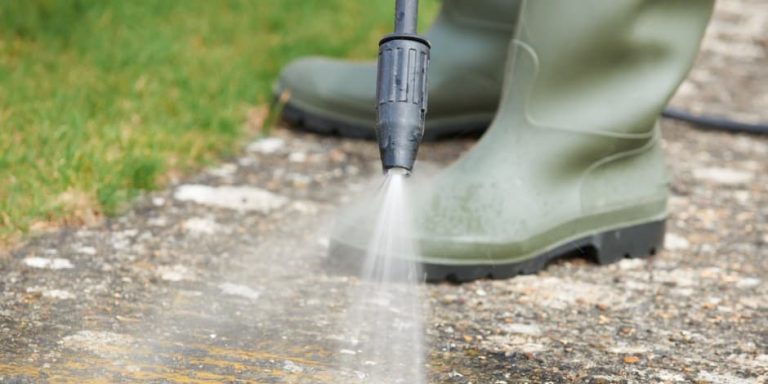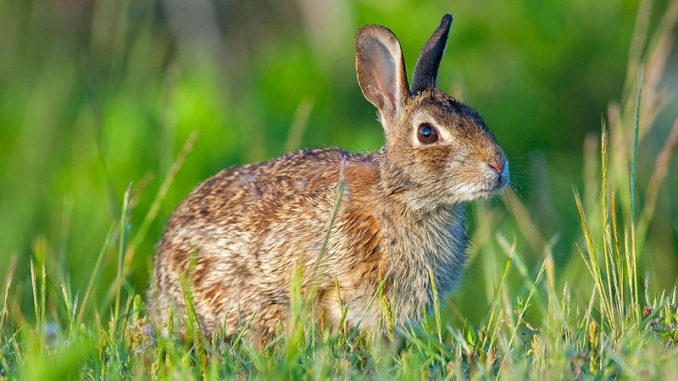
Power washing is an essential maintenance tool, especially for rural properties where mud, mildew, and grime build up quickly. But just because you live off the grid—or on it—doesn’t mean power washing should come at the cost of the environment. In fact, rural settings often contain sensitive soil, local water sources, and natural habitats that can be unintentionally harmed by careless cleaning.
In this article, we’ll explore eco-conscious power washing techniques tailored to rural areas, so you can keep your property clean without polluting your surroundings. 🌍
🚜 Unique Challenges on Rural Land
Rural properties differ from urban homes in several key ways:
- Well water systems that can become contaminated by runoff
- Proximity to wildlife, livestock, and agricultural zones
- Unpaved surfaces that encourage erosion
- Lack of storm drains, meaning runoff directly enters local ecosystems
Power washing with high pressure and harsh chemicals can cause serious environmental disruption in these settings—unless you plan ahead.
🧽 Use the Right Equipment
For eco-conscious cleaning, adjustable pressure washers are your best friend. Here’s what to look for:
✅ Variable PSI settings to reduce force when cleaning delicate surfaces
✅ Electric models if available (they’re quieter and emit no fumes)
✅ Water-efficient nozzles that reduce waste
✅ Surface cleaners that contain spray patterns and prevent splatter
Using lower pressure in combination with efficient attachments can significantly reduce both runoff and impact on surrounding soil and vegetation.
Browse Amazon Here For Top Rated Power Washers And Accessories
🧴 Choose Non-Toxic Cleaners
Avoid the temptation of heavy-duty degreasers unless absolutely necessary. Instead, opt for:
- Biodegradable detergents (but only those that are phosphate- and ammonia-free)
- Citrus-based degreasers
- Vinegar and baking soda mixtures for light cleaning
- Enzymatic cleaners that naturally break down organics
Always test a small patch first, and never use soaps near open water, wells, or where livestock may feed or roam. 🐄🌿
Browse Amazon Here For Biodegradable Pressure Washing Detergents
💧 Water Management Is Key
Rural properties may not have storm drains, but that doesn’t mean water disappears safely. Here are ways to manage runoff responsibly:
✅ Clean on flat, absorbent ground like gravel or turf
✅ Avoid working before or after heavy rains, which increase runoff
✅ Divert rinse water into collection areas or graywater tanks
✅ Use berms, sandbags, or mulch barriers to contain the wash zone
For larger jobs, invest in portable wastewater recovery mats to keep pollutants from seeping into groundwater.
🐦 Respect Wildlife and Livestock
Avoid power washing near:
- Bird nests or habitats 🐦
- Livestock enclosures
- Pollinator gardens
- Streambanks or wetlands
The sound and force of power washing can disturb wildlife, and runoff can carry toxins or bacteria into areas where animals eat, drink, or nest.
♻️ Reduce, Reuse, Recycle
Want to be extra eco-friendly? Consider:
- Reusing graywater for non-sensitive areas like driveways
- Using solar-powered electric washers
- Cleaning in batches to reduce water waste
- Composting any collected debris or organics where possible
✅ Final Thoughts
Eco-conscious power washing on rural properties isn’t about doing less—it’s about doing it smarter. By being mindful of pressure settings, cleaning agents, water flow, and the natural surroundings, you can protect your land while keeping it clean.
Clean farm, clean planet. 🌍🚜💦
Browse Amazon Here For Popular Pressure Washers And Accessories






